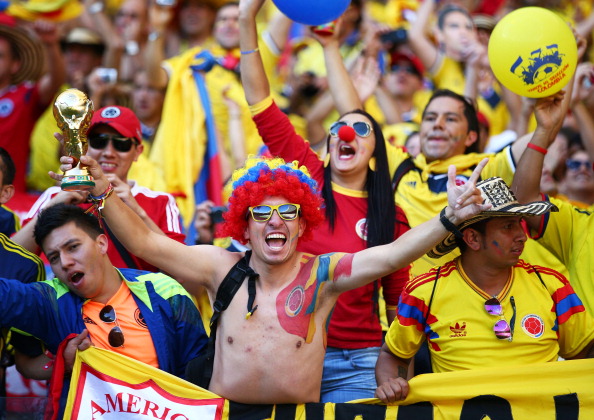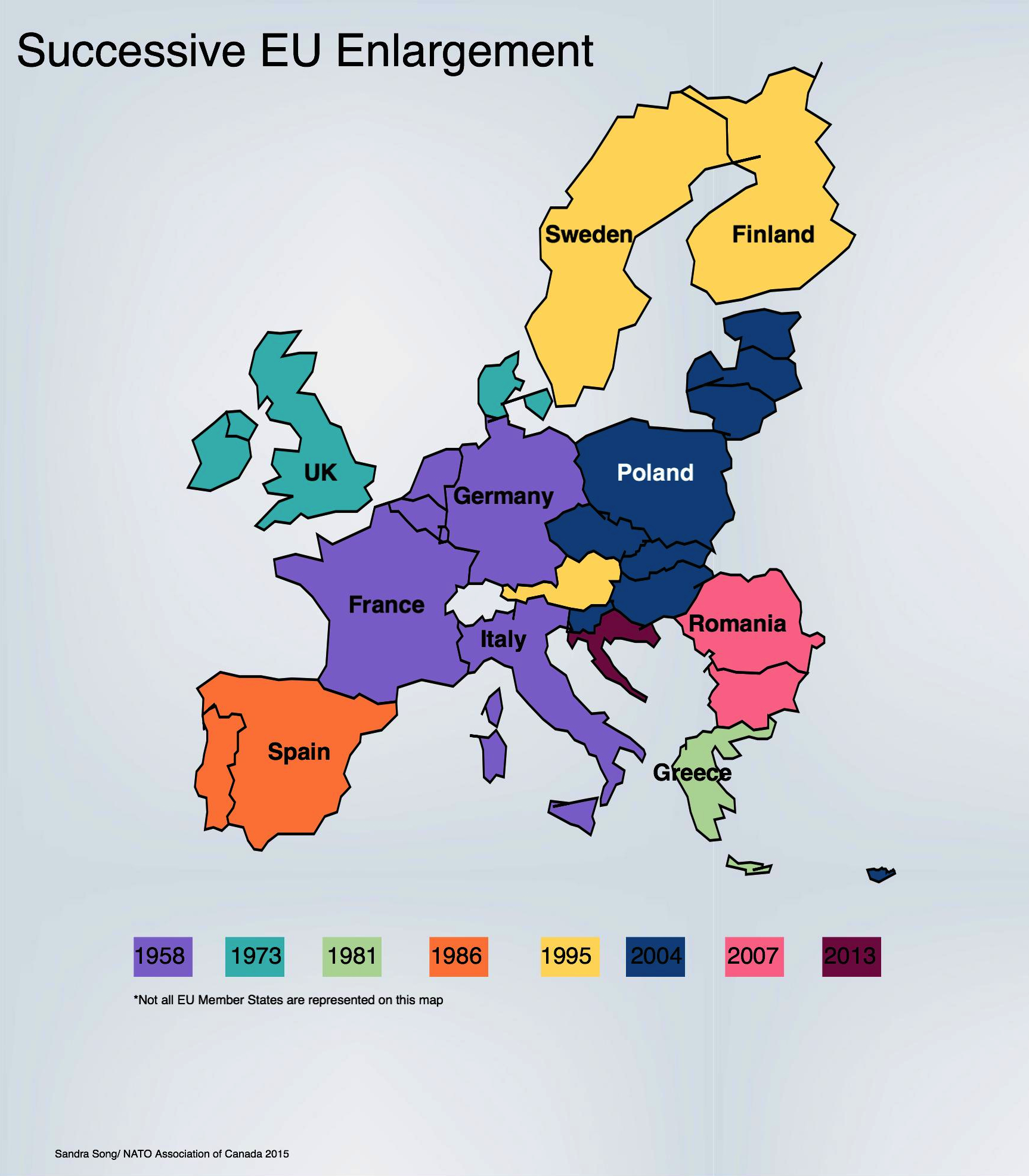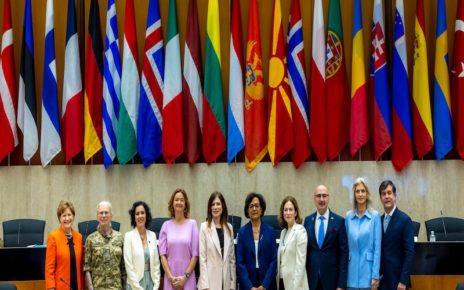
Recognized on the tourist trail for its Angkor temples, forest-clad hills and white sand beaches, Cambodia is becoming well known for another thing: the buying and selling of virgins. Cambodia is a source, transit, and destination country for men, women, and children subjected to forced labor and sex trafficking with thousands of virgins ages 13-18 sold every year. According to a recently published Guardian article, the trade in virgins is one of the most endemic forms of sexual exploitation in Cambodia, a market sustained by severe poverty and gender inequality.
Poverty acts as a catalyst for trafficking by leaving few alternatives other than sex work. Poverty leads to desperation and when a person has no hope, he or she will do anything to break from a cycle of absolute or relative poverty. With no realistic or legitimate future as a result of little education, no money and poor healthcare, women and children are sometimes lured into trafficking with the hope of money and more prosperous opportunities. Vannith Uy, for example, sold her 18-year-old daughter Chamnan’s virginity to a wealthy local man for £900. Intending on using the money she received from the transaction for a new business venture, Vannith Uy discovered that after medical bills were paid off and money was given to her ageing parents, she was no further ahead.
Pervasive gender inequality is another factor that ensures the industry stays afloat. Tong Soprach, an academic researcher into the sexual practices of Cambodia’s youth says that there is a national saying within Cambodia:
“Men are like gold and women are like cloth. If you drop gold in the dirt, it washes clean and still shines. If you drop cloth, the stain never comes out.”
The sex trade is slavery for the purpose of sexual exploitation. Years ago, slaves were portrayed as inferior beings or animals and those characteristics served as a justification for the use of violence. Today, this depiction has changed to portray slaves as nothing more than the movement of people for profit, or human trafficking. Defining human trafficking can often be confusing and sometimes seen as synonymous with other terms such as smuggling or illegal immigration. The United Nations’ defines human trafficking as:
“the recruitment, transportation, transfer, harbouring or receipt of persons, by means of threat or use of force or other forms of coercion, of abduction, of fraud, of deception, of the abuse of power or of a position of vulnerability or of the giving or receiving of payments or benefits to achieve the consent of a person having control over another person, for the purpose of exploitation. Exploitation shall include, at a minimum … the prostitution of others or other forms of sexual exploitation, forced labour or services, slavery or practices similar to slavery, servitude or the removal of organs.”
In this lucrative business, innocent men, women and children function as expendable pawns in the commoditized business of capitalism, treated similarly as the spoils of war. Through globalization’s impact on the global demand of cheap labour for high profits, the effects of cultural colonialism connected to relative poverty and the increase in transnational migration, human trafficking has for years been a perpetual cycle of designed operation transforming the lives of hundreds of thousands of people worldwide.
Though many other countries around the world participate in this industry, the specific demand for virgins is becoming a large business in Cambodia that thrives due to cultural myth and other local factors. For wealthy businessmen, young children are of value based on their virginity and are worth more because they are untouched and free of HIV/AIDS. But for the locals, according to Chhiv Kek Pung, president of Cambodia’s leading human rights organization, Licadho, “many Asian men, especially those over 50, believe sex with virgins gives them magical powers to stay young and ward off illness.” Additionally, though sex work is criminalized under the law, expectations of female chastity in Cambodia are enshrined in a code of duty and obedience known as chbab srey, or ‘women’s law’.
Modern day human trafficking is nothing less than the return of the global slave trade. Slavery still exists today and is increasingly becoming an unjust and worrying side of globalization. Though the sex trade has attracted global attention and funds, few international organizations are paying close enough attention to the buying and selling of virgins. As Pung states, “the fear is that, while people might feel sorry for the girls, they’d be too outraged about parents selling their daughters to open their wallets.” Cambodian parents love their children as much as any other North American family. Sadly, this business thrives as a result of the many problems that women and children continue to face in developing countries.




